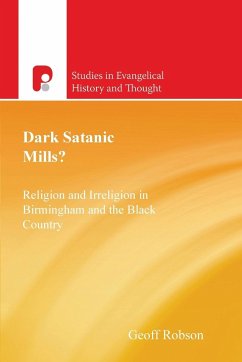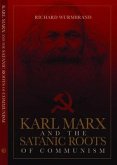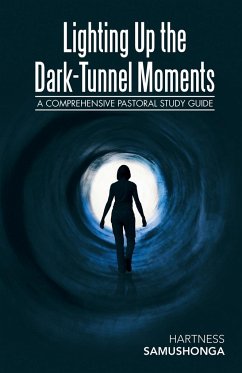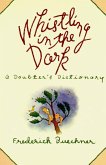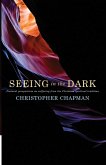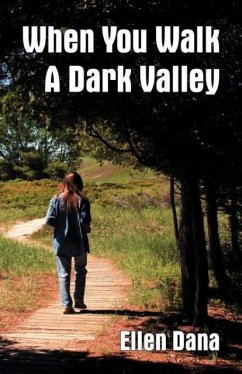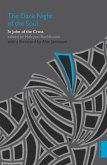Was the nineteenth-century working class as irreligious as the 1851 census of religious worship appeared to show? Or were there some industrial areas where large numbers of them actually went to church? Birmingham and the Black Country provide evidence for both religion and irreligion, but was the better church attendance of the Black Country the result of panic reactions to cholera epidemics or intensive evangelism? How did ordinary people respond to the attempts of the churches to recruit them? Did evangelical conversion result from fear of hell? This book sets out to answer these questions on the basis of an analysis of original sources, many of them unpublished, from the years leading up to the 1851 census. Offering a fresh approach to the patterns of religious belief and practice in the Victorian Midlands of early industrialized England, Geoff Robson returns to primary and secondary sources to reassess the debate. His dissertation focuses on the working-classes of Birmingham and the Black Country and it brings remarkable insight to the lives of people during this time.
Hinweis: Dieser Artikel kann nur an eine deutsche Lieferadresse ausgeliefert werden.
Hinweis: Dieser Artikel kann nur an eine deutsche Lieferadresse ausgeliefert werden.

